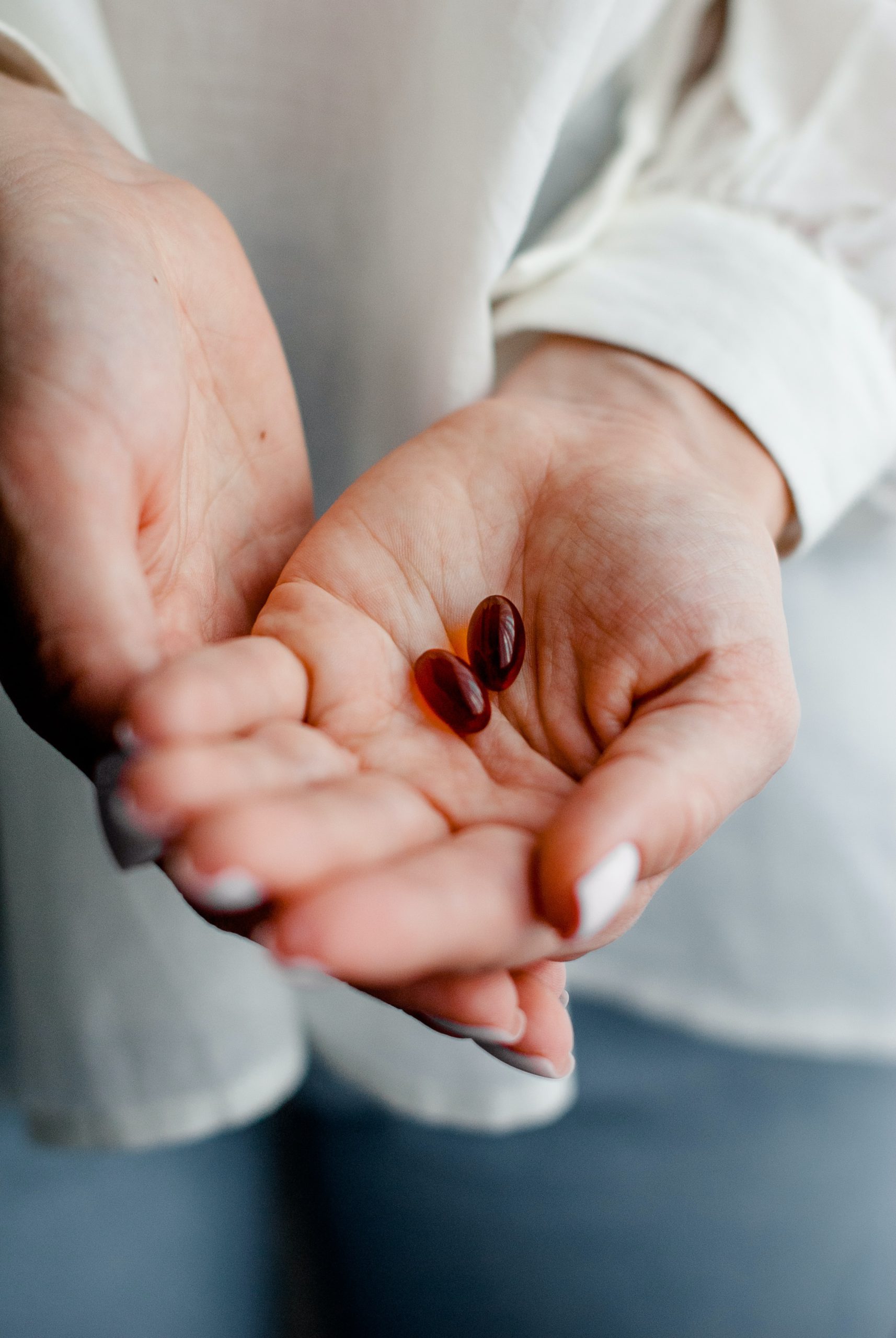Yogurt has long been known for its health benefits, particularly when it comes to promoting a healthy gut. But does yogurt actually produce butyrate, the short-chain fatty acid that is essential for digestive health? Butyrate is naturally produced in the human body through the fermentation of dietary fibers by gut bacteria, but can yogurt provide an additional source? This article explores the relationship between yogurt and butyrate, shedding light on the potential benefits of consuming yogurt for digestive health and overall well-being. As you delve into the subject, you’ll discover the role of butyric acid in supporting the gut lining, its anti-inflammatory properties, and the growing popularity of butyric acid as a dietary supplement. So, let’s find out: does yogurt produce butyrate and can it be a valuable addition to your diet?

The production of butyrate
Production in the body
Butyric acid, also known as butyrate, is a short-chain fatty acid that is naturally produced in the human body. It is synthesized through the fermentation of dietary fibers by the gut bacteria present in our gastrointestinal tract. This fermentation process occurs in the colon, where the bacteria break down the fibers into butyrate and other beneficial byproducts.
Production by gut bacteria
The gut bacteria in our digestive system play a crucial role in the production of butyrate. These bacteria have the ability to break down dietary fibers that are otherwise indigestible by the human body. As they ferment these fibers, they produce butyrate as a metabolic product. This butyrate then serves as an energy source for the cells lining the colon.
Importance for digestive health
Butyric acid plays a significant role in supporting digestive health. It serves as a primary energy source for the cells in the colon, helping to promote the integrity and function of the gut lining. Additionally, butyrate has been found to have anti-inflammatory properties, which can help alleviate symptoms of digestive disorders such as irritable bowel syndrome (IBS) and inflammatory bowel disease (IBD).
Yogurt and butyrate
Does yogurt contain butyrate?
Yogurt is a popular dairy product that undergoes fermentation by certain bacterial strains, such as Lactobacillus and Bifidobacterium. While yogurt is not a direct source of butyrate, the fermentation process it undergoes can lead to the production of this beneficial fatty acid.
Does yogurt promote butyrate production?
Research suggests that yogurt consumption can promote butyrate production in the gut. The live and active cultures present in yogurt include bacteria that have the ability to ferment dietary fibers and produce butyrate. However, the extent of butyrate production may vary depending on various factors, including the type of yogurt consumed and the individual’s gut microbiota.
Research on yogurt and butyrate production
Several studies have investigated the relationship between yogurt consumption and butyrate production. A study published in the Journal of Nutrition found that consuming yogurt for two weeks resulted in an increase in butyrate levels in healthy individuals. Another study published in the British Journal of Nutrition found similar results, showing an increase in butyrate production after yogurt consumption in subjects with irritable bowel syndrome.
Effect of yogurt on butyrate levels
Human studies
Human studies on the effect of yogurt consumption on butyrate levels have shown promising results. A randomized controlled trial published in the Journal of Dairy Science compared the impact of different dairy products on butyrate production. The study found that yogurt consumption led to a significant increase in butyrate levels in the participants’ fecal samples.
Animal studies
Animal studies have also provided insights into the effect of yogurt on butyrate levels. A study conducted on rats and published in the journal Nutrients showed that feeding rats yogurt increased butyrate production in their colonic tissues. The study suggested that yogurt consumption promoted the growth of beneficial bacteria in the gut, leading to enhanced butyrate production.
Mechanism of action
The mechanism through which yogurt promotes butyrate production is not fully understood. It is believed that the live and active cultures present in yogurt, such as Lactobacillus and Bifidobacterium, ferment dietary fibers in the gut. This fermentation process results in the production of short-chain fatty acids, including butyrate. Additionally, yogurt consumption has been found to modulate the gut microbiota, promoting the growth of bacteria that produce butyrate.
Factors affecting butyrate production in yogurt
Type of milk used
The type of milk used in the production of yogurt can influence butyrate production. Studies have shown that using milk from different animal sources, such as cow, sheep, or goat, can lead to variations in the fatty acid composition of yogurt. For example, goat milk yogurt has been found to have higher levels of butyrate compared to cow milk yogurt.
Strains of bacteria
The strains of bacteria used in the fermentation process of yogurt can also impact butyrate production. Different bacterial strains have varying abilities to ferment dietary fibers and produce butyrate. Research suggests that certain strains, such as Lactobacillus acidophilus and Bifidobacterium longum, are particularly effective at producing butyrate.
Fermentation process
The fermentation process itself plays a critical role in butyrate production. Factors such as temperature, pH, and duration of fermentation can influence the growth and activity of bacteria in yogurt. Optimal conditions for fermentation are necessary to ensure the production of butyrate and other beneficial metabolites.

The role of prebiotics in yogurt
What are prebiotics?
Prebiotics are non-digestible fibers that serve as a food source for beneficial bacteria in the gut. They selectively stimulate the growth and activity of these bacteria, promoting their colonization and survival in the gastrointestinal tract. Common examples of prebiotics include inulin, fructooligosaccharides (FOS), and galactooligosaccharides (GOS).
Prebiotics and butyrate production
Prebiotics can have a significant impact on butyrate production in the gut. By providing a food source for the beneficial bacteria that produce butyrate, prebiotics can enhance the population of these bacteria and promote their activity. This, in turn, leads to increased butyrate production and greater support for digestive health.
Yogurt with added prebiotics
Some yogurt products on the market have added prebiotics to further promote the growth of beneficial bacteria and butyrate production. These prebiotics, such as inulin or FOS, are included in the formulation to provide an additional source of nutrition for the bacteria. Consuming yogurt with added prebiotics can provide an extra boost to butyrate levels in the gut.
Other dietary sources of butyrate
Foods rich in butyrate
While yogurt is a potential source of butyrate, there are other foods that naturally contain this fatty acid. Butter, ghee, and other dairy products are known to have varying amounts of butyrate. Additionally, certain plant-based foods, such as nuts, seeds, and whole grains, can contribute to butyrate production in the gut.
Foods that promote butyrate production
Apart from butyrate-rich foods, there are also foods that can promote butyrate production in the gut. These include dietary fibers such as fruits, vegetables, legumes, and whole grains. By consuming a diverse range of these fiber-rich foods, you can support the growth of beneficial bacteria and enhance butyrate production.

Conclusion
Butyrate is a valuable compound that plays a vital role in digestive health. While yogurt itself may not contain significant amounts of butyrate, its consumption has been shown to promote the production of this beneficial fatty acid in the gut. Factors such as the type of milk, bacterial strains, fermentation process, and the inclusion of prebiotics can influence the extent of butyrate production in yogurt. Incorporating yogurt and other butyrate-rich foods into your diet, along with a diverse range of fiber-rich foods, can help support digestive health and overall well-being.







